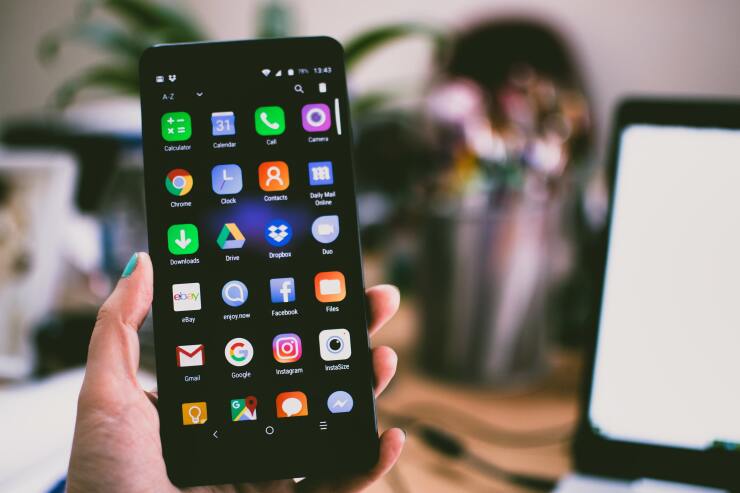Tweeting, Instagramming and even TikTok-ing through the work day has become a common (and even encouraged) practice. But are those seemingly harmless social media habits creating potentially harmful cybersecurity risks?
On average, organizations experience 13 data exposures and risks per employee per day, according to Code42, a risk management platform. Of actual recorded breaches, one-third are caused by employees. And many of those accidents are traced directly to social media use.
"When we think about data breaches we always think of really big
Read more:
Social media data breaches accounted for 56% of total
BeReal prompts users to take a picture of what's in front of them at a particular but random time of day, while simultaneously capturing a selfie. It's intended to document an authentic experience and reaction, but in a work-from-home world, many of these images feature employees' work-issued laptops and equipment.
"Posting these normal everyday things are leaving breadcrumbs that create the ability to tell a bigger story, and that story could be something that's tied to your work," Killian says. "Think about mergers and acquisitions, something that is very sensitive in nature. Just having snippets of screenshots over a series of days or weeks could tell a very important story."
But gone are the days where employers were universally strict about employees' internet presence. Instead, certain industries have social media as a
Read more:
"COVID has shown in these last few years that the space between personal and professional is an intermingled dish — it's all blurred," Killian says. "People are going to be on social media at the same time that they are working on a proposal for work. We need to accept that one. But now that we've accepted that, we have to get really good at
Killian suggests organizations create a culture
"There's education that is really compliance-focused and really isn't meaningful [to employees]," Killian said. "Instead, it's really about creating good common security sense in your users. Whether I've got a user who is uploading a ticket to ZenDesk or trying to capture screenshots, or posting their latest BeReal, [give them a foundation to know] how to do it the right way, and maintain their safety and security."






